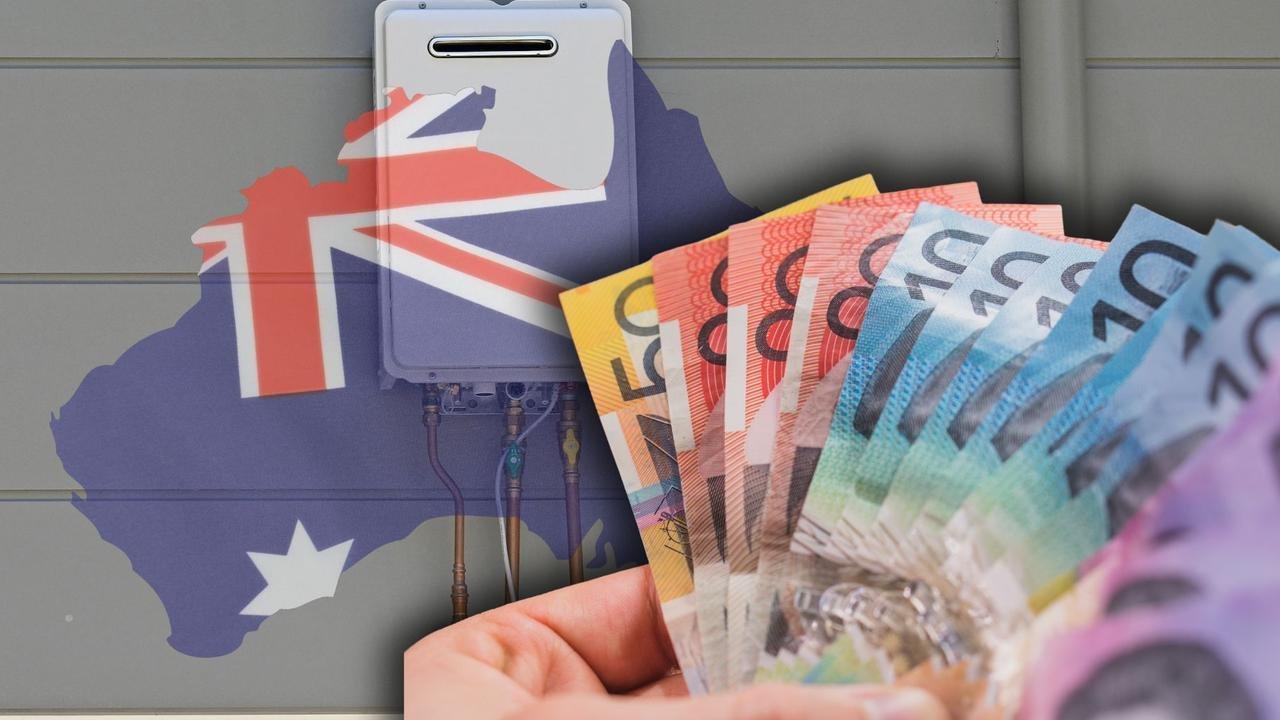- Prices for NuvaRing to plummet by up to $100, making it more affordable for thousands of women
- Contraception is no longer a luxury item, says Sexual and Reproductive Health Australia chief executive
- “Game-changing” reforms aim to increase access to affordable contraception, with up to 300,000 women set to benefit
In a major win for women’s health, the federal government has announced a significant expansion of the Pharmaceutical Benefits Scheme (PBS) to make a popular form of contraception more affordable. From this Saturday, the NuvaRing, a vaginal ring that releases a combination of oestrogen and progestogen to prevent ovulation, will be available for a fraction of its current cost.
“Contraception is not a luxury item. It should be something that you can have a chat with the GP about and choose the best option for your life, taking into consideration all of your options,” said Daile Kelleher, chief executive of Sexual and Reproductive Health Australia.
The NuvaRing, which is 99 per cent effective when used correctly, will be available for $31.60 or just $7.70 for concession card holders, a significant saving from its current price tag of $130 for a three-pack. The maximum amount paid per script will decrease further to $25 from January 1.
But that’s not all – the government’s reforms also aim to increase access to long-acting contraceptives like IUDs, with a 40 per cent bulk-billing incentive coming into effect this Saturday to encourage GPs to provide these services. Free training on the insertion and removal of IUDs for health practitioners is already underway, with the goal of increasing the number of qualified practitioners.

“Australia has one of the lowest uptake rates in the developed world of long-acting contraceptives, partly due to access and affordability,” said Health Minister Mark Butler. “These changes to MBS and expanded options through the PBS will remove cost and access barriers so that more women can choose the contraceptive option that works best for them.”
The PBS listing of the NuvaRing is part of a $573 million women’s health package announced earlier this year, which included the addition of contraceptive pills Yaz and Yasmin to the PBS, as well as three new menopausal hormone therapies.
The changes are expected to benefit up to 300,000 women, saving them up to $400 in out-of-pocket costs. For many, this will be a huge relief, as access to affordable contraception can be a major concern. As Daile Kelleher so aptly put it, “Contraception should be something that you can have a chat with the GP about and choose the best option for your life, taking into consideration all of your options.”

